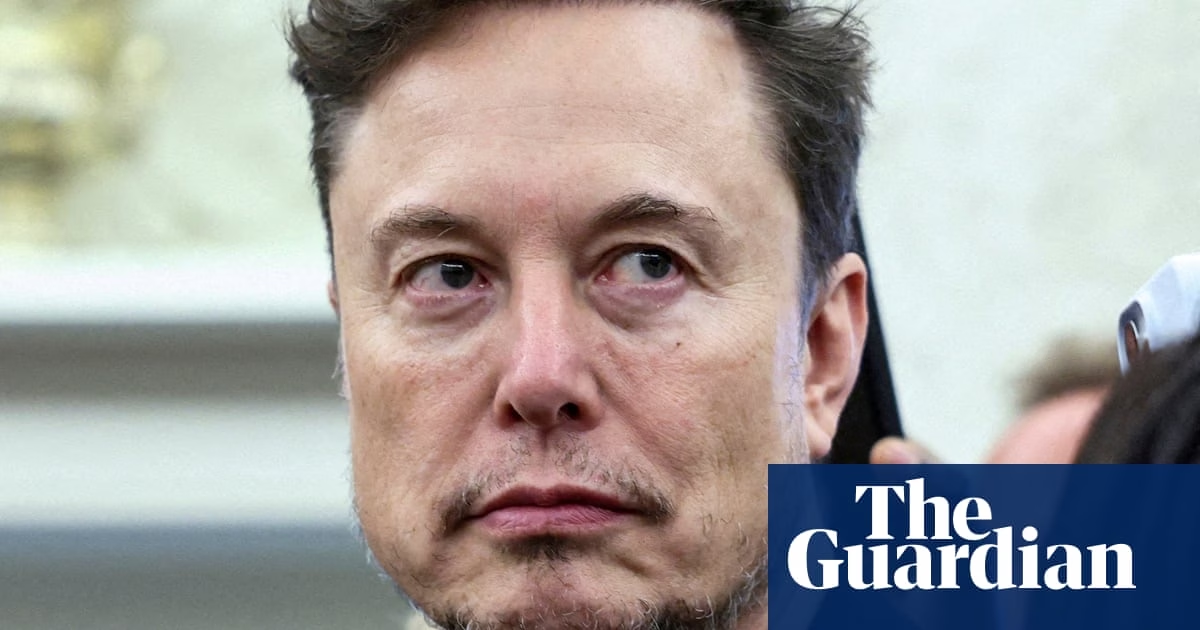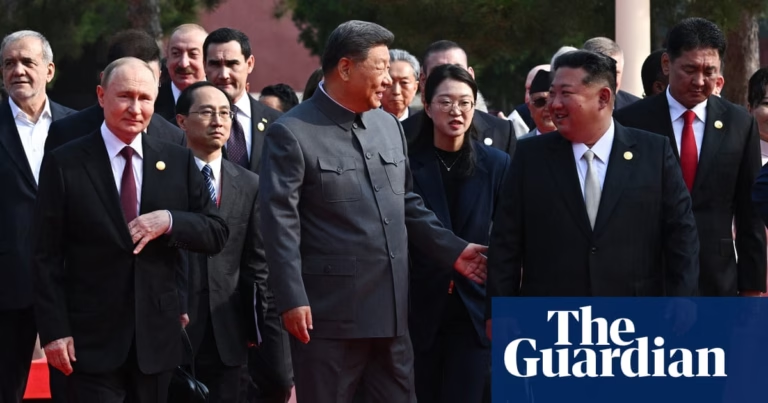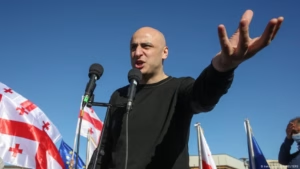Elon Musk has officially stepped down from his position in the Trump administration, concluding a tumultuous and widely unpopular tenure as a senior advisor to the president and the de facto leader of the so-called “Department of Government Efficiency” (Doge). Despite his pledge to bring efficiency and modernization, Musk leaves behind a trail of uncertainty and diminished functionality.
Musk’s departure coincides with the end of his 130-day term limit as a “special government employee,” and also signals the billionaire’s effort to distance himself from Washington amid public and shareholder backlash. In recent interviews, Musk has emphasized his intent to refocus on his technology companies and reduce his future political involvement.
As Musk moves on, the unfinished plans and gutted agencies of Doge are left to his followers embedded in key positions across the federal government. The departure of Musk throws the already chaotic influence of Doge on the government into an even grayer uncertainty, raising questions about the powers the nebulous taskforce will wield without him, and whether anyone will attempt to restore the programs and services they dismantled.
The initial promise of Doge was to save $2 trillion by eliminating waste and fraud, and to modernize government software. However, the “wall of receipts” touting these savings is notorious for errors, and the promised software modernization has primarily been limited to AI chatbots, some of which were already in development under the Biden administration. Meanwhile, Trump’s new tax bill, opposed by Musk, is expected to add $2.3 trillion to the deficit, possibly nullifying the savings claimed by Doge.
The significant impact of Doge has instead been the dismantling of government services and humanitarian aid. Cuts have affected agencies like the National Oceanic and Atmospheric Organization and the Department of Veterans Affairs, causing them to enter crises. Smaller agencies focused on policy coordination for issues like homelessness have effectively been shut down.
Musk’s departure has raised concerns about the long-term effects of Doge’s cuts on government functions, including the loss of expertise that will take years and significant resources to restore. The dismissal of personnel at the Department of Health and Human Services and the gutting of USAid, which once provided the largest single share of humanitarian aid worldwide, highlight the disarray and harm that Doge’s actions have caused. While Musk returns to Tesla and SpaceX, the agencies he weakened will strive to recover the pieces left behind.
Despite Musk’s exit, the question remains whether the staff he hired for Doge will retain their influence and access to sensitive government data. With at least two high-profile Doge staffers having followed Musk out of government, and others embedded in key agencies, the extent of their continued impact without Musk remains a concern. Some of Musk’s directives have already been overturned, including a mandate requiring federal employees to send weekly accomplishment lists.
Taking over for Musk at Doge is Christian nationalist and key figure in the rightwing Project 2025 manifesto, Russ Vought, who advocates for sweeping executive powers and drastic cuts to federal funding. Amidst this turbulence, Musk’s pledge to make the government more efficient seems ever more distant, with experts arguing that true change requires more than just cuts; it demands thoughtful effort and construction.
Source: https://www.theguardian.com/technology/2025/may/29/elon-musk-trump-doge-adviser-exit







